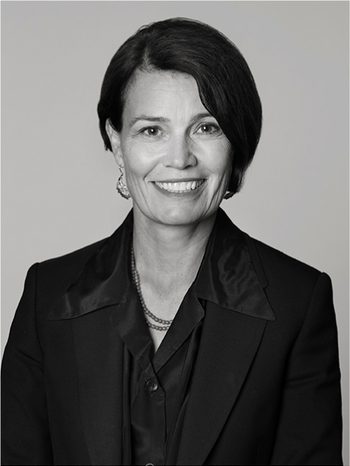Gösta Adrian-Nilsson
Marin 1 (Theater decoration)
Signed G A-N with monogram and dated 1922. Painted wood and assemblage 34 x 27 cm.
Provenance
Originally in Wiwen Nilsson's collection, Lund.
Subsequently in professor Sven Bergman's collection.
Thence by descent.
Private collection.
Exhibitions
Lunds Konsthall, "GAN och Wiwen Nilsson", 1977, cat No. 98.
Liljevalchs Konsthall, Stockholm, "GAN - Gösta Adrian-Nilsson 1884-1965", 6 April - 20 May 1984, cat No. 175.
Malmö Konsthall, "GAN - Gösta Adrian-Nilsson 1884-1965", 29 June - 26 August 1984, cat No. 175.
More information
Inspired by, among others, Fernand Léger, at the beginning of 1920s GAN executed some three-dimensional works using ”objets trouvés” and collage. ”Marin I” has elements of both cubism and surrealism, combined together very unexpectedly. This work shows how GAN synthesized external influences into his work while at the same time striving to develop his own artistic expression.
Artist
Gösta Adrian-Nilsson is most notable as a visual artist, and he is a pioneer of Swedish modernism. He studied at the Tekniske Selskabs Skole in Copenhagen and later for Johan Rohde at Zahrtmann’s school in Copenhagen. As an avant-gardist, Nilsson was constantly searching for new influences. In Berlin, he was influenced by the circle around the radical magazine Der Sturm, through Kandinsky and och Franz Marc. In Paris through Fernand Legér and the artists in his circle. GAN was an eclectic in the positive sense of the word. He took the the artist styles of the 1900s and created new impressions. Symbolism, cubism, futurism, expressionism, constructivim and Theosophy were the colours occupying his internal pallet. He had a sharp eye for the masculine and his painting was often energized by the vitality of modern technology, vibrant eroticism, and echoes of tyrants. No other Swedish modern artist exhibits such a unique style.
Read more




















































